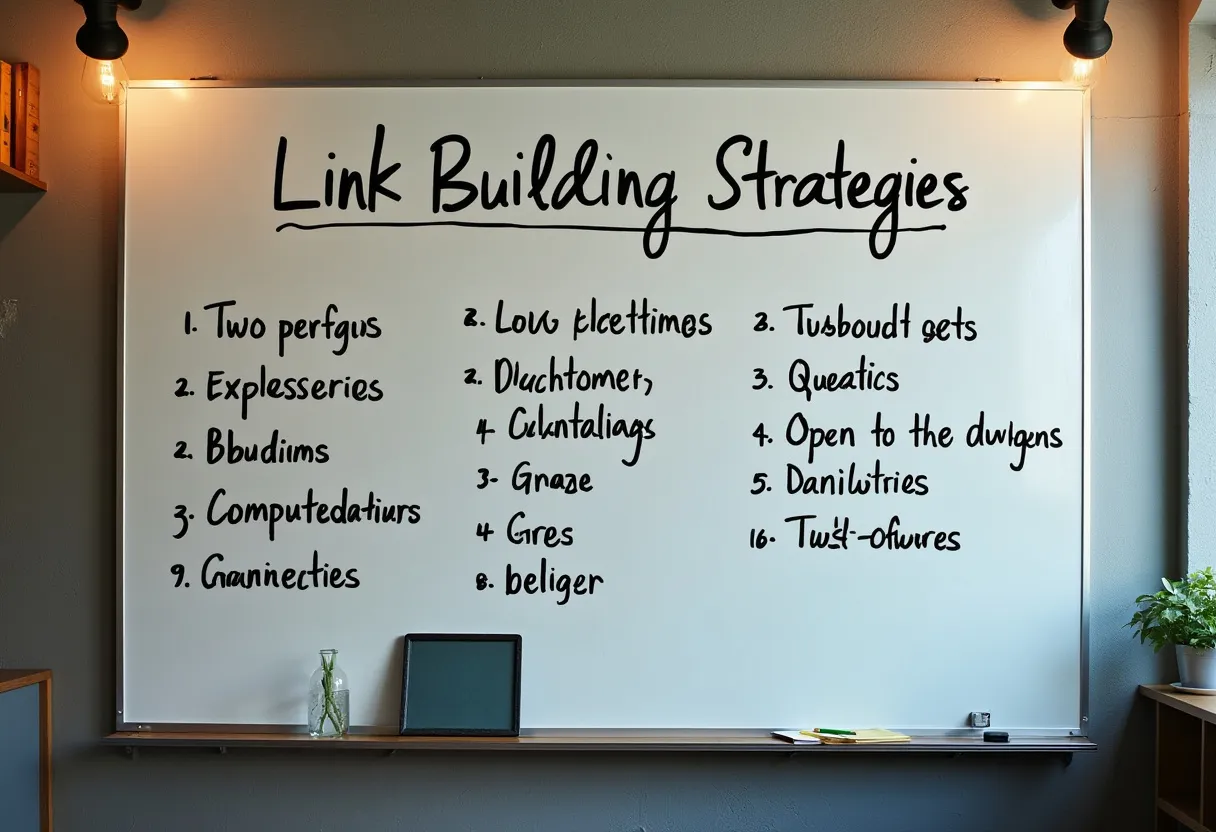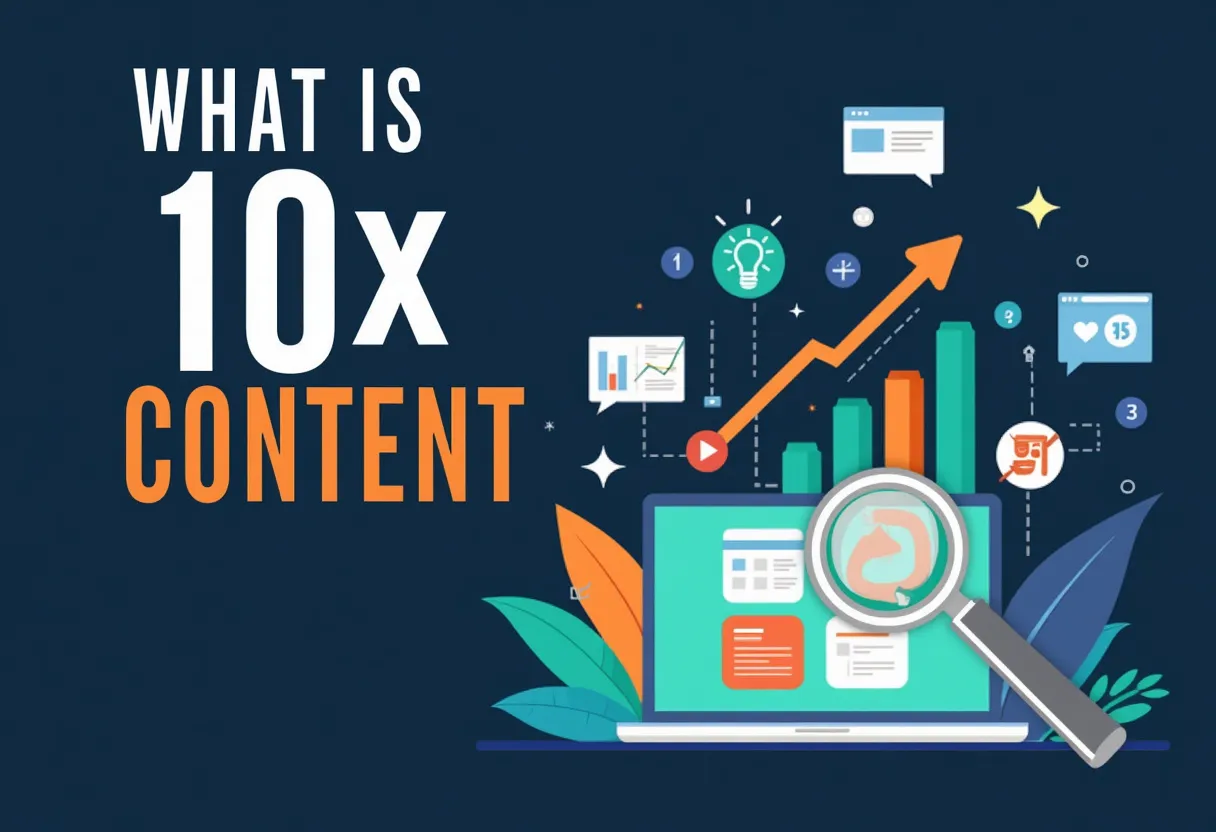Link Building Strategies
Definition
Link building is the process of acquiring hyperlinks from other websites to your own website, primarily to improve search engine optimization (SEO) and increase the visibility of your site on search engine results pages (SERPs). This involves marketing efforts to get links from external websites, which are seen as endorsements or votes of confidence by search engines like Google.
How It Works
Link building functions on the principle that search engines use the number and quality of inbound links (backlinks) to a website as a key factor in determining its authority and relevance. Here’s how it works:
Backlink Acquisition
Links from other websites to your site are considered votes of confidence by search engines. The more high-quality backlinks your site has, the higher it is likely to rank in search results.
Link Quality
Not all links are equal. Links from high-authority, relevant websites carry more weight than those from low-authority or unrelated sites. Metrics such as Page Authority, Domain Authority, URL Rating, and Domain Rating help assess the quality of these links.
Google’s Algorithm
Google’s algorithm analyzes the links to a website to determine its value and relevance. This analysis is part of the broader link popularity metric, which influences the site’s ranking in search engine results.
Why It Matters
Link building is crucial for several reasons:
Search Engine Rankings
High-quality backlinks significantly improve a website’s chances of ranking higher in search engine results. This is because backlinks are a strong ranking factor in Google’s algorithm.
Authority and Trust
Websites with many high-quality backlinks are perceived as more authoritative and trustworthy by search engines and users alike. This can lead to increased organic traffic and better brand visibility.
User Experience
While link building is primarily an off-page SEO strategy, it indirectly enhances user experience by ensuring that users find relevant and high-quality content through search results.
Best Practices
Creating High-Quality Content
Linkable Assets
Develop content that is likely to attract links naturally, such as visual assets, original research, in-depth guides, and online tools. This type of content is often cited and linked to by other websites.
Content Relevance
Ensure that your content is relevant to your target audience and addresses their needs and questions. This increases the likelihood that other websites will link to your content.
Earning Links
Natural Link Building
Focus on earning links rather than buying them or using manipulative tactics. High-quality content and natural outreach are key to earning legitimate backlinks.
Email Outreach
Conduct email outreach to relevant websites and bloggers to promote your content and request links. Use tools like Semrush’s Link Building Tool to find and manage prospects.
Internal Linking
Internal Link Structure
While internal linking is not the same as link building, it is crucial for SEO. Proper internal linking helps search engines crawl your site, improves user navigation, and boosts passive link assets and SEO posts.
Anchor Text Strategy
Use descriptive, short, and specific anchor text for internal links to help both users and search engines navigate your site effectively.
Qualifying Link Value
Metrics and Tools
Use metrics like Page Authority, Domain Authority, URL Rating, and Domain Rating to assess the quality of links. Tools from Moz, Ahrefs, and Semrush can help in evaluating and managing your link profile.
Avoiding Black-Hat Tactics
Compliance with Google Guidelines
Avoid buying links, participating in link schemes, or using other manipulative tactics that violate Google’s guidelines. These practices can lead to penalties and harm your site’s credibility.
Competitor Backlink Replication
Analyze the backlink profiles of your competitors to identify potential sites that may link to your content. Replicating competitor backlinks can help in acquiring high-quality links from authoritative sources that are relevant to your niche.
Competitor Link Gap Analysis
By performing a link gap analysis, you can identify websites that are linking to your competitors but not to you. Targeting these opportunities can help you close the gap and improve your SEO performance.
Digital PR for SEO
Leveraging digital PR strategies can help you earn high-quality backlinks from reputable media outlets and blogs. Digital PR involves pitching your content, news, or expertise to journalists and bloggers to gain editorial coverage and backlinks.
Editorial Link
These are high-quality links that are given naturally by editorially independent websites, without any solicitation or obligation. Earning editorial links generally requires producing exceptional content that attracts attention organically.
Guest Blogging
Writing guest posts for other websites and blogs in your niche can help you gain backlinks while reaching a new audience. Ensure your guest posts are informative and relevant to add maximum value.
Guestographics
Guestographics involve creating high-quality infographics for other websites, accompanied by a unique post. This strategy helps both parties by providing valuable content and gaining a backlink.
Link Building Outreach
This involves reaching out to website owners, bloggers, and influencers to promote your content and request backlinks. Effective outreach strategies can help build relationships and earn high-quality links.
Reciprocal Link Building
This is a mutual link exchange where two websites agree to link to each other. While reciprocal links can be beneficial, excessive link exchanging can be viewed negatively by search engines.
Resource Page Link Building
Identify resource pages in your niche and suggest your content for inclusion. Resource pages are curated collections of valuable links, and getting featured can provide high-quality backlinks.
Influencer Outreach for Backlinks
Engage with influencers in your industry to earn backlinks. Building relationships with industry influencers can lead to natural mentions and links to your content on their platforms.
Conclusion
Link building is a fundamental aspect of SEO that involves acquiring high-quality backlinks to improve search engine rankings and increase website visibility. By understanding how it works and adhering to best practices, you can enhance your website’s authority and drive more organic traffic. Strategies like competitor backlink replication, digital PR, and influencer outreach can further bolster your link-building efforts. Avoid black-hat tactics and focus on creating valuable content that attracts natural links to sustain long-term SEO success.



